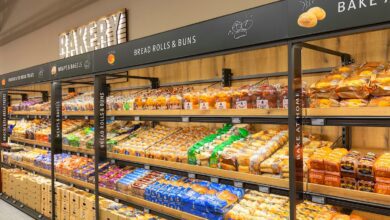The Great Resignation: Why the battle for talent sees retail staff come out on top

A new report by stakeholder intelligence firm alva has revealed the biggest winners and losers from the last three years when it comes to positive employer and employee sentiment in the UK.







